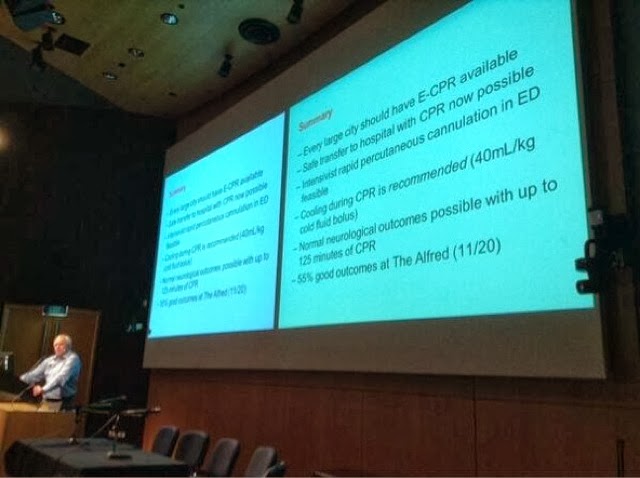Seriously, I’ve heard this all before. You need a presentation on your cv/portfolio. You’ve asked the boss who said, “please review my last x cases of” something not very interesting. You’ve managed to find x-y and, after subtracting z because they didn’t fit the criteria (results), you have come up with a pile of data that you will list in excruciating detail. You really don’t know what it means but you crammed it into a stats package and by some miracle something looks significant. To you. And you’re not going to tell us that til the very last minute because that maintains the suspense over what previously unknown nugget of wonder that you have accidentally stumbled upon.
You’re boring me.
Sounds terribly cynical, doesn’t it? What you need to consider is that’s what the majority of your audience thinks! (Not me, I’m more holistic!) We have heard it all before, lots and lots of times and we have been stood right where you are doing it many times, to our shame. We know.
Why not be honest about how you have sourced your data? Don’t pretend there was a control group and an hypothesis when you arbitrarily compared groups with just a soupçon of bias in selection. It is okay to say you simply looked at one person’s practice over a (weird) time period (for which you could find acceptable data). That has so much value in itself. Don’t try to convince yourself there was a rigid protocol of practice that was followed prospectively save for one key and hitherto unrecognised facet that will change modern practice, now that you have happened upon it. We all thought that too. And seriously, your conclusions? Can you really draw them from your data. Or from your dreams?
Don’t try to convince us that you know why this happened; leave us to figure that out ourselves. Engage us and credit us with wisdom and insight and let your stories force the audience to think and even disagree with you.
Rather than the faux detective approach, hit us with your punch line first. Unless you actually are a comedian. Tell us why you did this and what you found, or didn’t. The mechanics of your success (or failure) will only interest us if your results challenge our cognitive processes. Remember, we are fairly expert in this too, that’s why we are here.
With your story clear, you can turn to your script. Remember our ennui and challenge it. You are clever and eloquent, so use that. Don’t stick to the same template script changed only from the previous speakers by your intonation. Convince us, cajole us, confront us and as you converse with us you will move the audience and by your conclusion they will be in a better place than when you started. That’s a good presentation.
Your research may not be memorable, really, but your presentation might be. And THAT’S why you are there.
